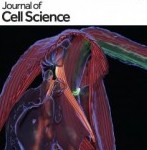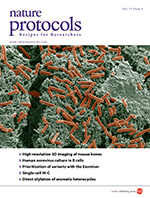 A paper about the role of specific proteins in the separation of newly replicated chromosomes is being retracted from the Chinese Medical Journal, after editors found out that the entire article was plagiarized.
A paper about the role of specific proteins in the separation of newly replicated chromosomes is being retracted from the Chinese Medical Journal, after editors found out that the entire article was plagiarized.
The study, “MreBCD Associated Cytoskeleton is Required for Proper Segregation of the Chromosomal Terminus during the Division Cycle of Escherichia Coli,” names Feng Lu as the corresponding author and claims that the work was done in his lab at the Medical School of Henan University in Henan, China. The misappropriation came to light when a member of Lawrence Rothfield’s lab at the University of Connecticut saw the paper after it was published online last April, and realized that it was an exact replica of an unpublished paper that Rothfield’s own lab had produced.
Here’s the retraction note from the journal: Continue reading Entire paper about cell division plagiarized









